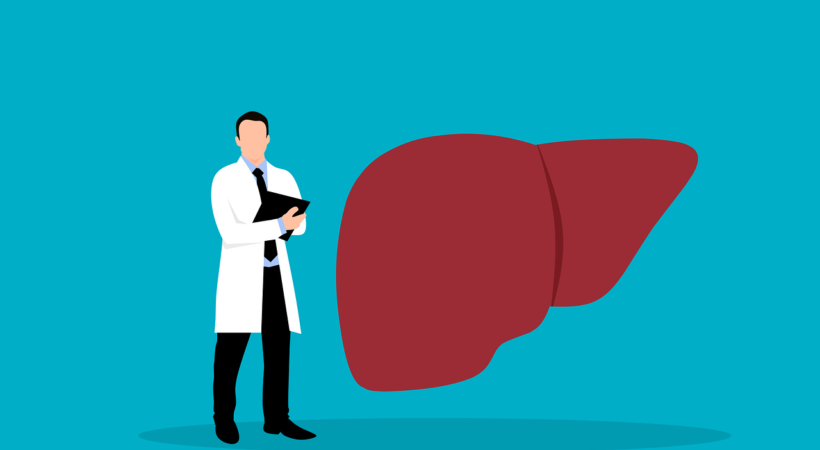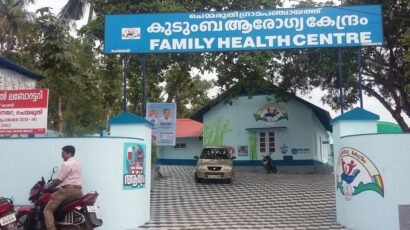Maintaining Liver Health: Tips for Children and Adults on World Liver Day

The liver is one of the most important organs in the body, responsible for processing nutrients and removing toxins. As we observe World Liver Day, it is important to be aware of the various liver diseases that affect adults, as well as the liver problems that can affect children.
Liver Diseases in Adults
There are several liver diseases that commonly affect adults, including:
- Nonalcoholic fatty liver disease (NAFLD) – This is a condition in which excess fat accumulates in the liver, potentially leading to inflammation and scarring.
- Hepatitis B and C – These viral infections can cause inflammation of the liver, which can lead to liver damage and cirrhosis.
- Alcoholic liver disease – Excessive alcohol consumption can lead to inflammation and scarring of the liver.
- Cirrhosis – This is a condition in which liver tissue is replaced by scar tissue, leading to impaired liver function.
Liver Problems in Children
Liver problems can also affect children. Some common conditions include:
- Biliary atresia – This is a condition in which the bile ducts are blocked or missing, leading to a buildup of bile in the liver.
- Alpha-1 antitrypsin deficiency – This is a genetic condition that can lead to liver and lung problems.
- Wilson’s disease – This is a rare genetic condition that causes copper to accumulate in the liver and other organs.
- Hepatitis B and C – These viral infections can also affect children, leading to inflammation of the liver.
Protecting Your Liver
No matter your age, there are several steps you can take to protect your liver and maintain its health:
- Limit alcohol consumption – Excessive alcohol consumption can lead to liver damage and cirrhosis.
- Maintain a healthy weight – Obesity is a risk factor for NAFLD.
- Get vaccinated – Hepatitis B and C can be prevented with vaccines.
- Practice safe sex – Hepatitis B and C can be transmitted sexually.
- Avoid risky behaviors – Hepatitis B and C can also be transmitted through sharing needles or other drug use equipment.
- Be cautious with medications – Some medications can cause liver damage, so it is important to always follow dosing instructions and speak with your doctor about any concerns.
Preventing liver diseases in children
Preventing liver diseases in children requires a holistic approach that includes healthy lifestyle habits and regular check-ups. Here are some tips to help keep your child’s liver healthy:
- Encourage a healthy diet: A diet that’s high in fruits, vegetables, whole grains, and lean protein can help prevent fatty liver disease and other liver problems.
- Promote regular physical activity: Exercise can help maintain a healthy weight, reduce inflammation, and improve liver health.
- Limit alcohol consumption: Alcohol is toxic to the liver and can cause significant damage, even in small amounts.
- Practice good hygiene: Viral hepatitis is a common cause of liver disease in children, so it’s important to practice good hygiene, such as washing hands regularly, to prevent the spread of infection.
- Get regular check-ups: Regular check-ups with a pediatrician can help detect liver diseases early, when they are most treatable.
By following these tips, you can help protect your liver and maintain its health.
In conclusion, World Liver Day is a reminder of the importance of liver health for both children and adults. By understanding the various liver diseases that can affect us and taking steps to protect our liver, we can maintain its health and ensure its vital functions for years to come.















